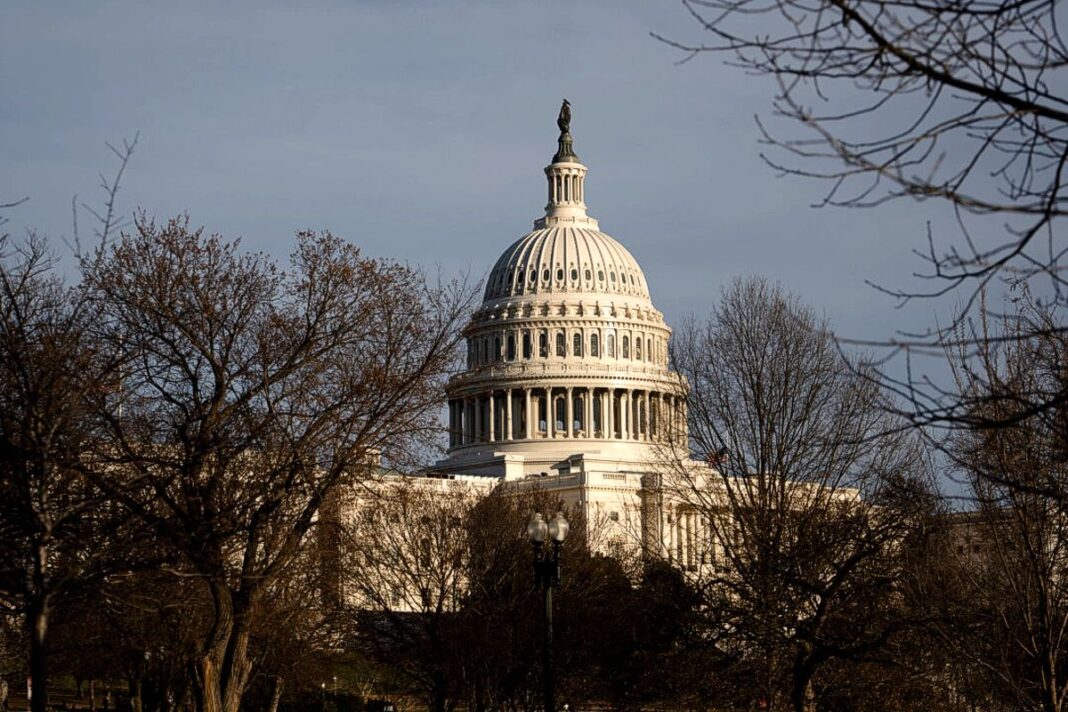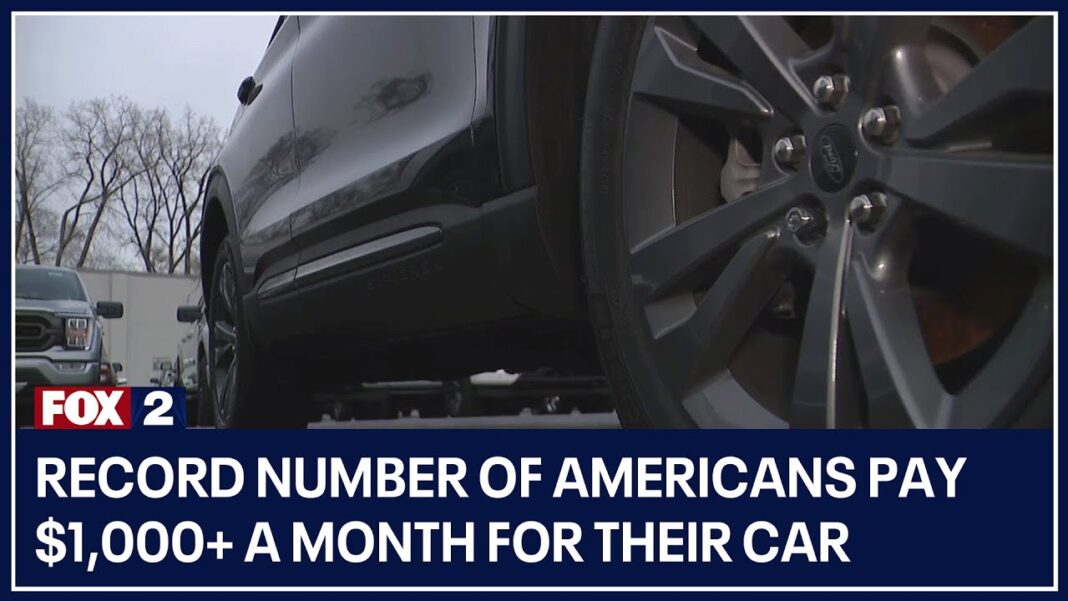President Donald Trump’s signature policy bill would implement tax cuts, reform Medicaid and food programs, and boost spending for the border and defense.
The Senate passed its version of the One Big Beautiful Bill Act on July 1, with Vice President JD Vance casting the deciding vote.
The mammoth bill, which is more than 940 pages, was the result of weeks of intraparty and bicameral negotiations among House and Senate Republicans.
The legislation would implement sweeping changes to U.S. policy and funding over a 10-year period in order to carry out President Donald Trump’s “Make America Great Again” agenda.
The bill now returns to the House, where a vote is expected on July 3. Trump hopes for the final passage of the bill by July 4.
Here are the main components of the bill.
| 2017 Tax Cuts Extended | Child Tax Credit Boosted |
| Taxes on Overtime, Car Loans, Tips Reduced | $6,000 Social Security Deduction for Seniors |
| Funding Immigration and Border Security | Defense |
| Clean Energy Tax Credit Cuts | Medicaid and Rural Hospitals |
| SNAP Cuts | $5 Trillion Debt Ceiling Increase |
| $40,000 SALT Cap | Education Policies Tweaked |
| What Was Cut |
2017 Tax Cuts Extended
The centerpiece of the legislation is its extension of the tax cuts initially included in the Tax Cuts and Jobs Act of 2017 during Trump’s first term in office.
That law slashed marginal tax rates across the board, with most brackets seeing around a 2 percent to 4 percent cut. If these cuts aren’t extended, tax rates will return to their pre-2017 levels at the end of fiscal year 2025 on Sept. 30—an eventuality that Republicans are anxious to avoid.
Child Tax Credit Boosted
The bill would boost the Child Tax Credit from $2,000 to $2,200, and make the credit permanent.
Taxes on Overtime, Car Loans, Tips Reduced
The bill would implement some of Trump’s core campaign promises on tax policy, reducing taxes on tips, overtime pay, and car loans.
Taxpayers would be allowed to deduct the first $25,000 in income earned from tips; up to $12,500 in income from overtime pay for single filers or up to $25,000 for joint filers; and up to $10,000 of car loan interest on American-made vehicles.
$6,000 Social Security Deduction for Seniors
Instead of Trump’s “no taxes on Social Security,” the bill would allow seniors to deduct $6,000 of their Social Security income, with that amount decreasing once income passes $75,000 for single filers or $150,000 for joint filers.
Single filers who make $175,000 or more, or joint filers with an income of over $250,000, will not be eligible for the deduction.
Funding Immigration and Border Security
The legislation would dedicate $150 billion toward immigration enforcement in line with some of the core promises Trump made on the campaign trail.
That includes nearly $30 billion for Immigration and Customs Enforcement, the agency largely responsible for carrying out Trump’s mass deportation operation, alongside $13.5 billion in grants for state and local governments who assist with the effort. The bill allocates $45 billion for the detention of illegal immigrants.
Another $46.5 billion is dedicated to the construction of a wall along the U.S.–Mexico border.
The funding will cover expenditures through the end of fiscal 2029.
Defense
The bill would appropriate $157 billion toward defense, with $29 billion going toward enhancing U.S. maritime capabilities and shipbuilding, $25 billion slated for munitions, and $25 billion dedicated to the “Golden Dome“ missile defense project.
The funding will cover expenditures through the end of fiscal 2029.
By Joseph Lord








